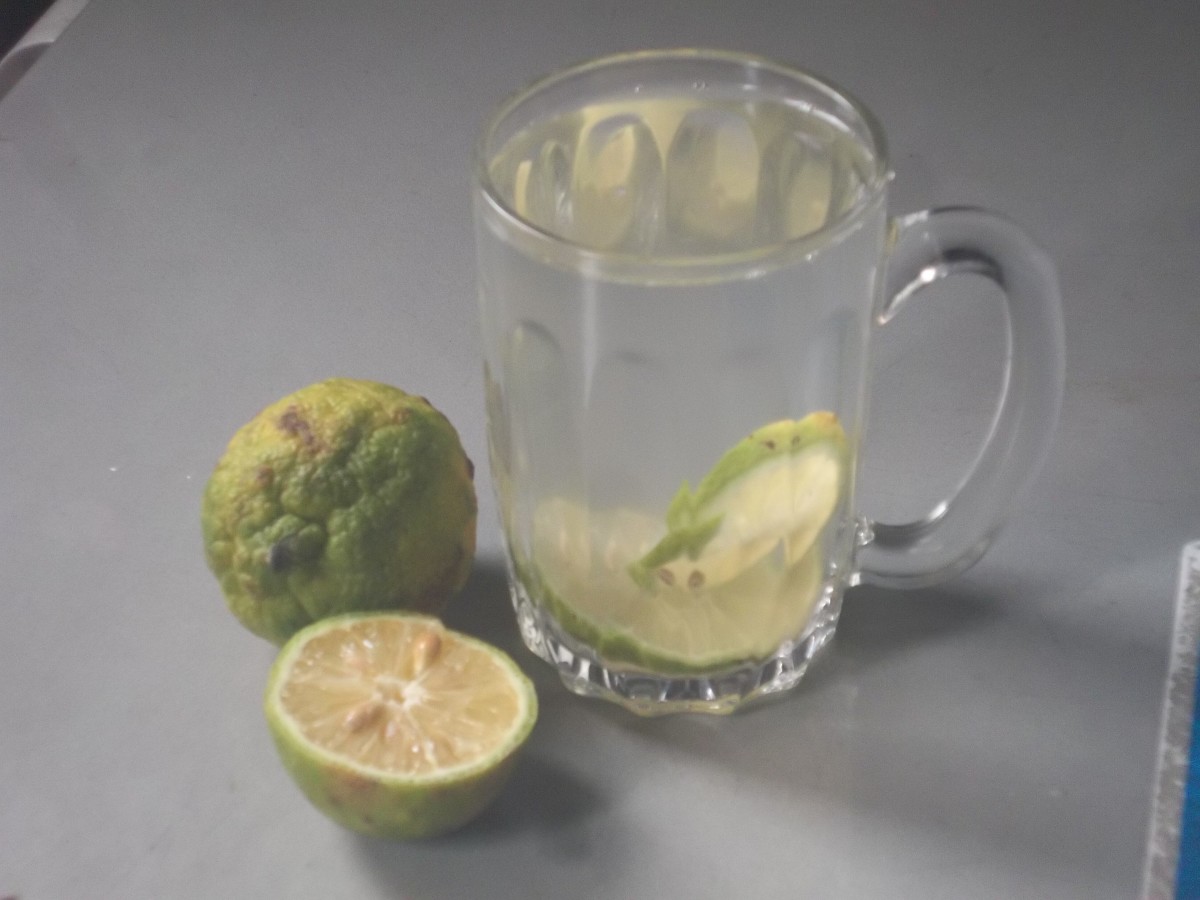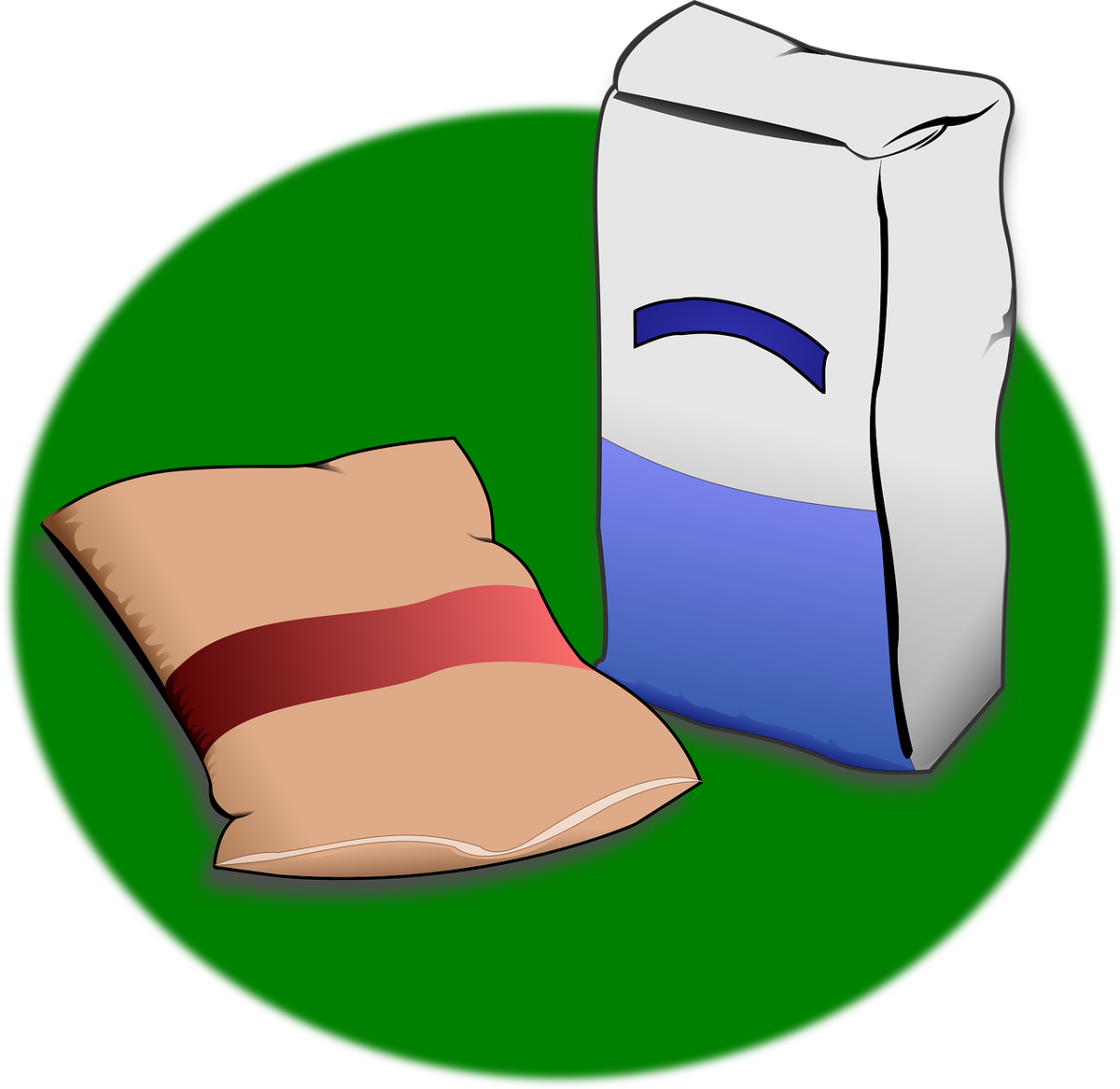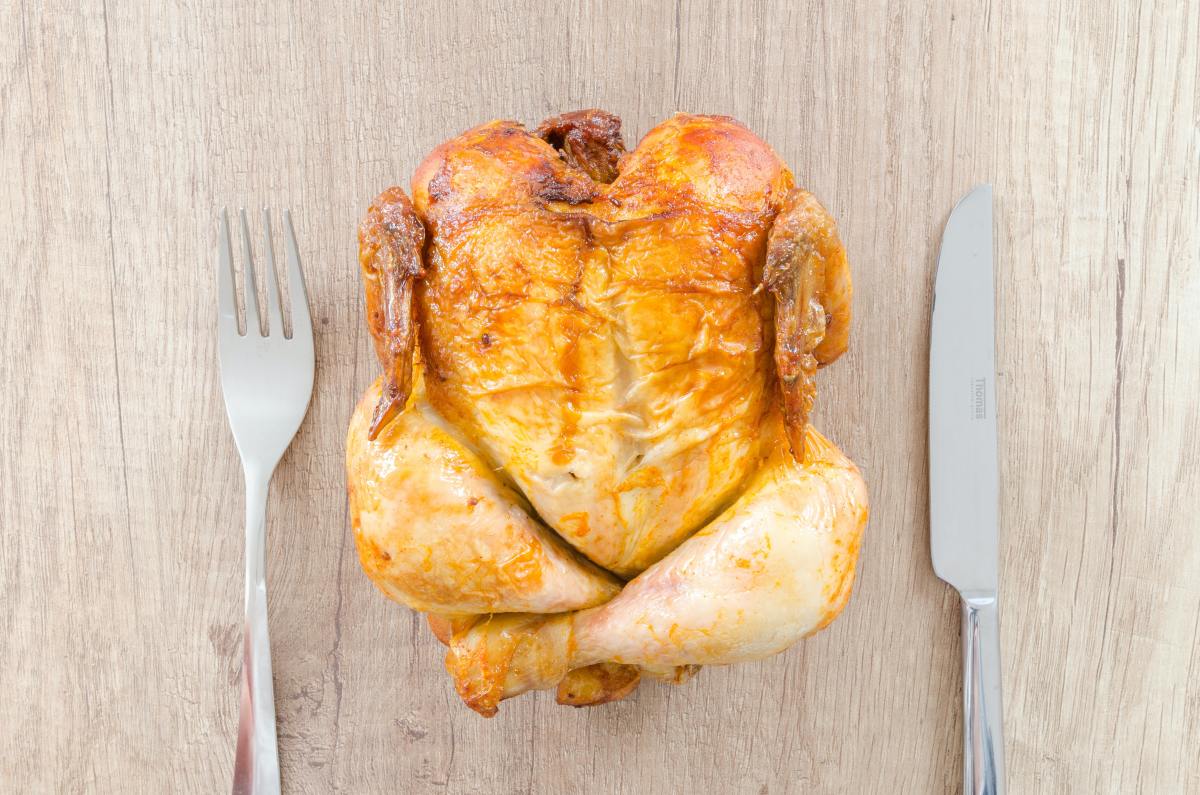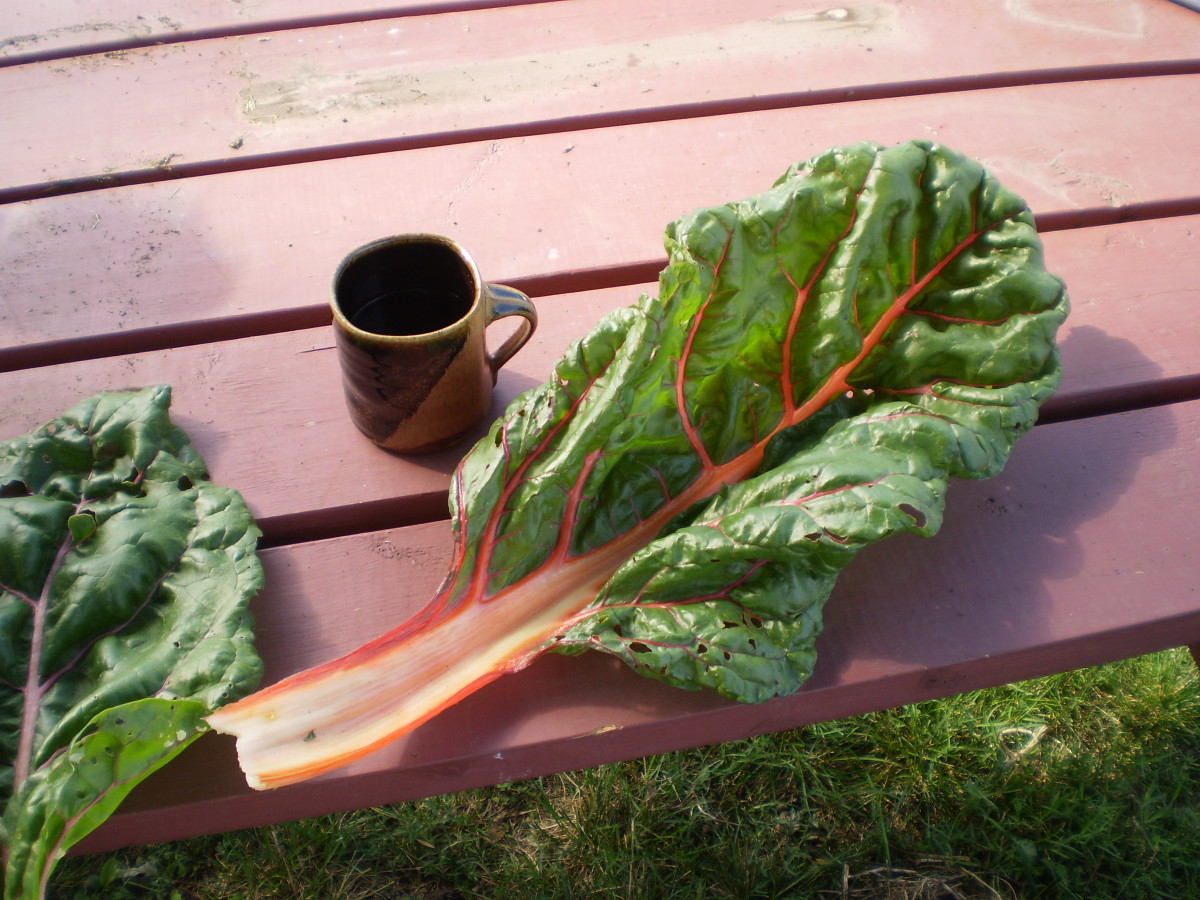Foods that Affect How Our Body Eliminates Waste
Certain foods or food groups affect how our body eliminates waste. They contain compounds, including nutrients, which can trigger excessive or infrequent bathroom trips for urination, diarrhea or constipation. The simple solution would be to eat less or stay away from those foods altogether. Sometimes though, as in the case of frequent urination, it might be what the body needs for good health.

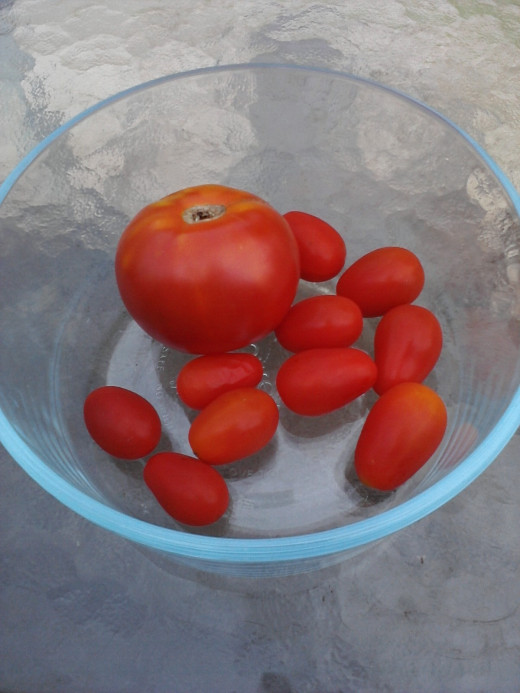
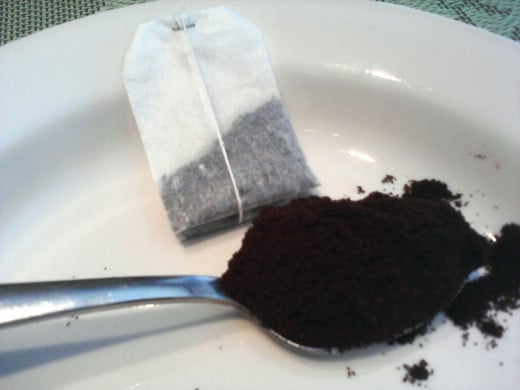
Foods that Promote Frequent Urination
Topping the list of foods or food groups that cause frequent urination are those high in vitamin C, B-12, and D; fruits such as cranberries, lemons, peaches, and watermelon; vegetables such as asparagus, cabbage, celery, cucumber, eggplant, and tomato; herbs such as anise and leeks; and beverages such as cranberry juice, coffee, and tea.
The benefit is that they promote the removal of dangerous toxins such as free radicals, uric acid, bacteria, inflammation, and excessive salts from our bodies. They clean our gastrointestinal tract, kidneys, liver, pancreas, and gall bladder. These functions help to prevent disorders such as urinary tract infections (UTIs), the production of gall stones, diabetes, cardiovascular diseases, as well as lower blood pressure and weight gain.
Whether in supplement form or in fruits, vegetables, and herbs, vitamins C, B-12, and D stimulate the kidneys to release water. Cucumber, celery, tomato, lemon, watermelon, peaches, and beverages increase the amount of water in the body. High levels of potassium in celery and watermelon, asparagine in asparagus, silicon in cucumber, and caffeine in coffee and tea all increase blood flow to the kidneys and hasten its filtration rate. Evidence shows that caffeine may also inhibit water reabsorption in the kidneys, and weaken bladder muscles, which increases the desire to urinate.
The dangers of frequent urination are dehydration, loss of vital electrolytes such as potassium, and diarrhea. If you are afflicted with ailments such as diabetes or polyuria, more of your already excessive bathroom breaks is the last thing you need. Excessive urination could be life-threatening. According to the article “What Foods Promote a Healthy Urinary Tract System?” from the website www.livestrong.com, the body’s regular urination quota per day should be a quart and a half. At night, it should be half that amount.
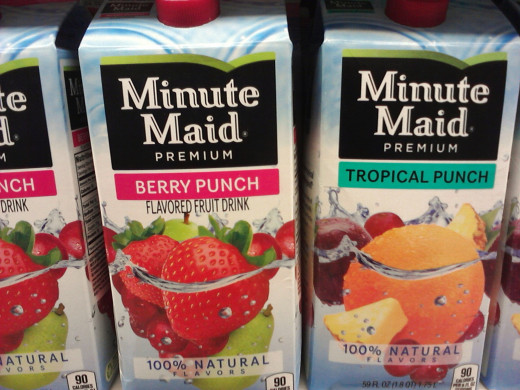
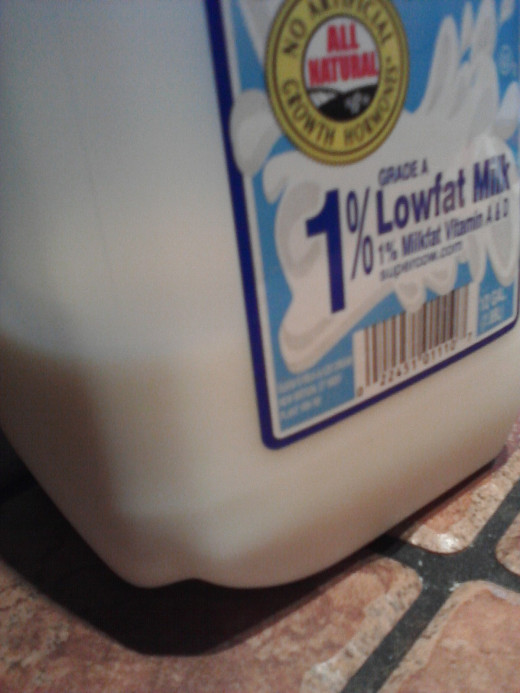

Foods that Promote Frequent Diarrhea
Foods or food groups that can trigger diarrhea are vitamin C; unripe fruits, especially apricots and plums; fruits (and fruit drinks) containing the sugar sorbitol such as apples, cranberries, cherries, peaches, pears, and prunes; artificial sweeteners such as aspartame, mannitol, and sorbitol -found in beverages, candy, chewing gum, and ice cream; raw vegetables such as cabbage, and spinach; fatty or fried foods such as French fries; sesame seed products such as oil and tahini; and dairy products such as milk, cheese, and butter.
In addition to the vitamin C and sugars, unripe fruits are often laden with pesticides that can cause diarrhea, especially if eaten unwashed. Sugars sorbitol and mannitol are absorbed poorly by the body, and are considered laxatives. So too the high levels of oxalic acid and magnesium in spinach. They increase the water in the intestinal tract, which results in the creation of loose stools. Excessive fruit drinks and vegetables containing insoluble fiber such as cabbage also increase the water level in the intestinal tract.
Raw vegetables often contain bacteria such as E. coli, which can cause food poisoning. Diarrhea is one of the symptoms. Diarrhea is also the symptom of allergies. Products with sesame seeds can cause allergic reaction in some people. Their bodies identify proteins in the seeds as foreign and dangerous, and create antibodies to fight off the supposed intruders. The article “Sesame Seed Allergy – Causes, Symptoms, and Cure” from the website www.ifood.tv, reports that sesame seed allergy ranks fourth as the most common food allergy affecting every age group in the United States.
Both fatty foods and dairy have indigestible compounds that cause diarrhea. Fatty foods have excessive fats and grease. Dairy has lactose. Some people suffer lactose intolerance, meaning they have low or non-existent levels of the enzyme responsible for breaking down this sugar.
Severe cases of diarrhea can lead to the loss of electrolytes and dehydration. Orange juice, tea, oatmeal or bananas are often suggested solutions as are over-the-counter medications such as Kaopectate, Pepto-Bismol, and Metamucil. If you have at least three very loose bowel movement a day for two or more days, you are suffering from diarrhea, states the article “Fatty Foods and Diarrhea” from www.livestrong.com.
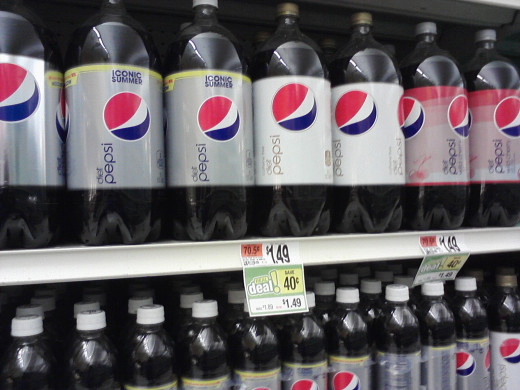

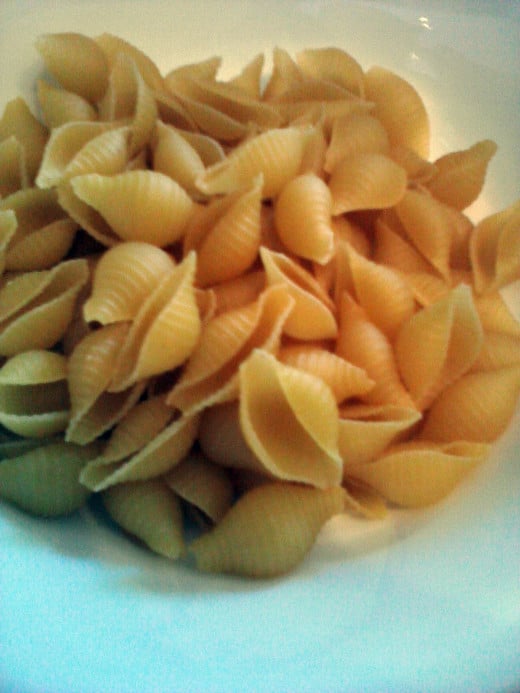
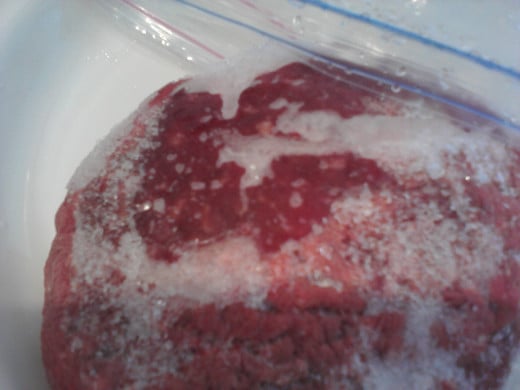
Foods that Promote Frequent Constipation
Top food or food groups, which can cause frequent constipation are dairy; meats such as beef and pork; starchy foods such as beans, potato, corn, and rice; refined grains such as pasta, bread, and cereal; prepackaged foods such as cookies and chips; fast foods such as pizza and hot dogs; sugary foods such as candy, soft drinks, and pastry; and caffeinated drinks such as coffee and colas.
Dairy is calcium-rich, fat-rich, and contains the milk protein casein, all of which can cause poor digestion, inhibit water absorption, and slow the movement of waste through our gastrointestinal tract. They also lack the fiber that can hasten the trip. Meats, especially red meats, have high levels of fat (particularly the saturated kind) and the highest levels of protein. Our bodies do not digest animal protein well. The large quantities of the mineral iron in these foods also aid in the prevention of water absorption.
Starchy foods are usually high in carbohydrates, which are difficult to digest. Refined grains contain the problematic gluten and may also lack soluble fiber. Prepackaged foods are loaded with bad sugars and fats, and lose their fiber during processing. Fast foods contain large amounts of fat, grease, and carbohydrates, and also lose fiber during processing. Sugary foods are high in sugars and low in fiber, and caffeinated drinks can cause dehydration.
Research show frequent constipation can lead to more serious complications such as hernia, hemorrhoids, appendicitis, and even colon-rectal cancer. A diet high in fluids, especially water, soluble fiber (brown rice, quinoa, whole grains), fish, nuts, seeds, green vegetables (for roughage), foods rich in magnesium, and fresh fruits accompanied by exercise, and the consumption of less constipation-causing foods will help alleviate the problem. Regular or normal bowel movement, states the article “Constipation Health Advice Nutrition Advice” from the website www.thefooddoctor.com, should occur one to three times within 18 to 24 hours. Normal bowel movement should also be strain and pain-free. Other health experts believe that three days without a bowel movement (with bloating and flatulence) is also an indication of constipation.
In summation, a proper balanced diet consumed in moderation along with an adequate workout regimen can prevent our bodies from eliminating waste in such extreme and potentially harmful ways. Additionally, proper functioning gastrointestinal and urinary tracts will stave off a host off life-threatening diseases.

